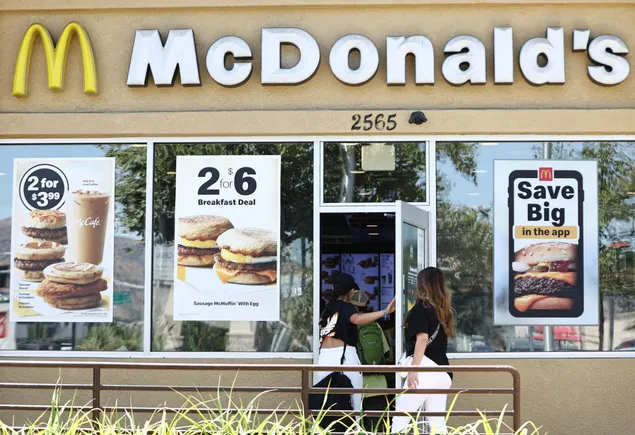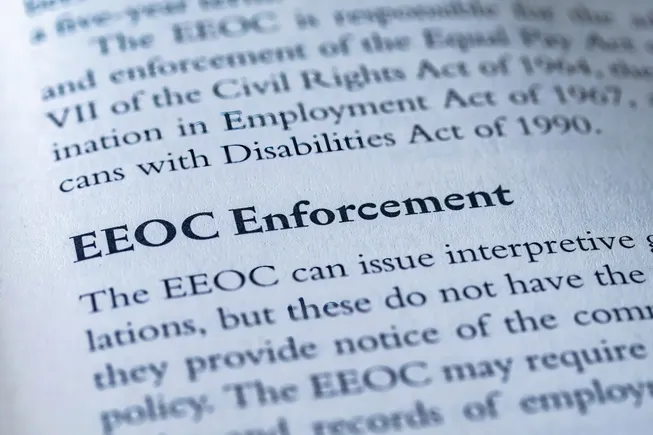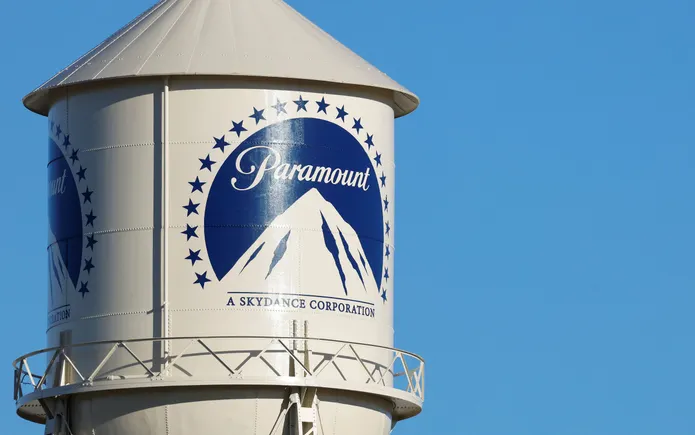Dive Brief:
- Two female managers employed by separate McDonald’s franchisees can’t bring individual claims or a proposed collective action against the company for allegedly violating the Providing Urgent Maternal Protections for Nursing Mothers Act because they failed to sufficiently allege the violations were due to corporate actions by McDonald’s rather than because of independent decisions by the franchise owners they worked for, a federal district court held Oct. 7 in Faber v. McDonald’s USA, LLC.
- Per court records, one plaintiff briefly worked at a McDonald’s location in Haysville, Kansas, while the other plaintiff works at a location in Clinton, New York, both owned and operated by different franchisees. They alleged that after they gave birth, they requested — and the franchisees’ respective management agreed to provide — adequate breaks and a suitable place for them to pump milk during work, but this didn’t happen.
- The women brought a proposed collective action against the franchisees, McDonald’s USA and 100 other unnamed U.S. franchisees. The court said they arguably stated a cause of action against their franchisee businesses; it transferred those claims to the states where they worked. But it dismissed the claims against McDonald’s USA and the unnamed franchisees because they were separate entities, the plaintiffs didn’t work for them, and the lawsuit failed to tie them to the alleged violations.
Dive Insight:
Under the Fair Labor Standards Act, most employers must provide nursing employees, up to one year after their child’s birth, with a private, functional space for pumping milk. The space must be shielded from view, free from intrusion, and available as needed, according to a U.S. Department of Labor guidance. Importantly, the space can’t be a bathroom.
Employers must also provide nursing employees with reasonable break time each time the employee needs to pump at work, the guidance says.
The PUMP Act expands these rights to include agricultural workers, nurses, teachers, truck and taxi drivers, home care workers and managers, another DOL document explains.
Notably, the PUMP Act also allows nursing employees to seek monetary remedies in court if they didn’t receive reasonable break time, the Miller Shah law firm pointed out in a June post.
Since the act became law in December 2022, numerous lawsuits, including collective actions, have been filed to redress alleged violations. For instance, in September 2023, two Dollar General employees filed a collective action against the discount chain for allegedly refusing to give them breaks or private places to pump milk at work, forcing them instead to use “unsanitary” stockrooms or restrooms.
In the MBM and Mac-Clark lawsuit, the court said the claims against McDonald’s USA and the unnamed franchisees had to be dismissed for a couple of reasons. First, there were no allegations the plaintiffs were directly employed by McDonald’s or had an employment relationship with the franchisees.
Second, the lawsuit failed to implicate McDonald’s as a joint employer: There were no allegations the company knew of the plaintiffs’ needs for adequate breaks and suitable places to pump and failed to address their concerns.
To the extent the plaintiffs relied on the franchise agreement, it was silent as to lactation accommodations, and there were no allegations McDonald’s had a companywide policy denying them, the court said.






Leave a Reply